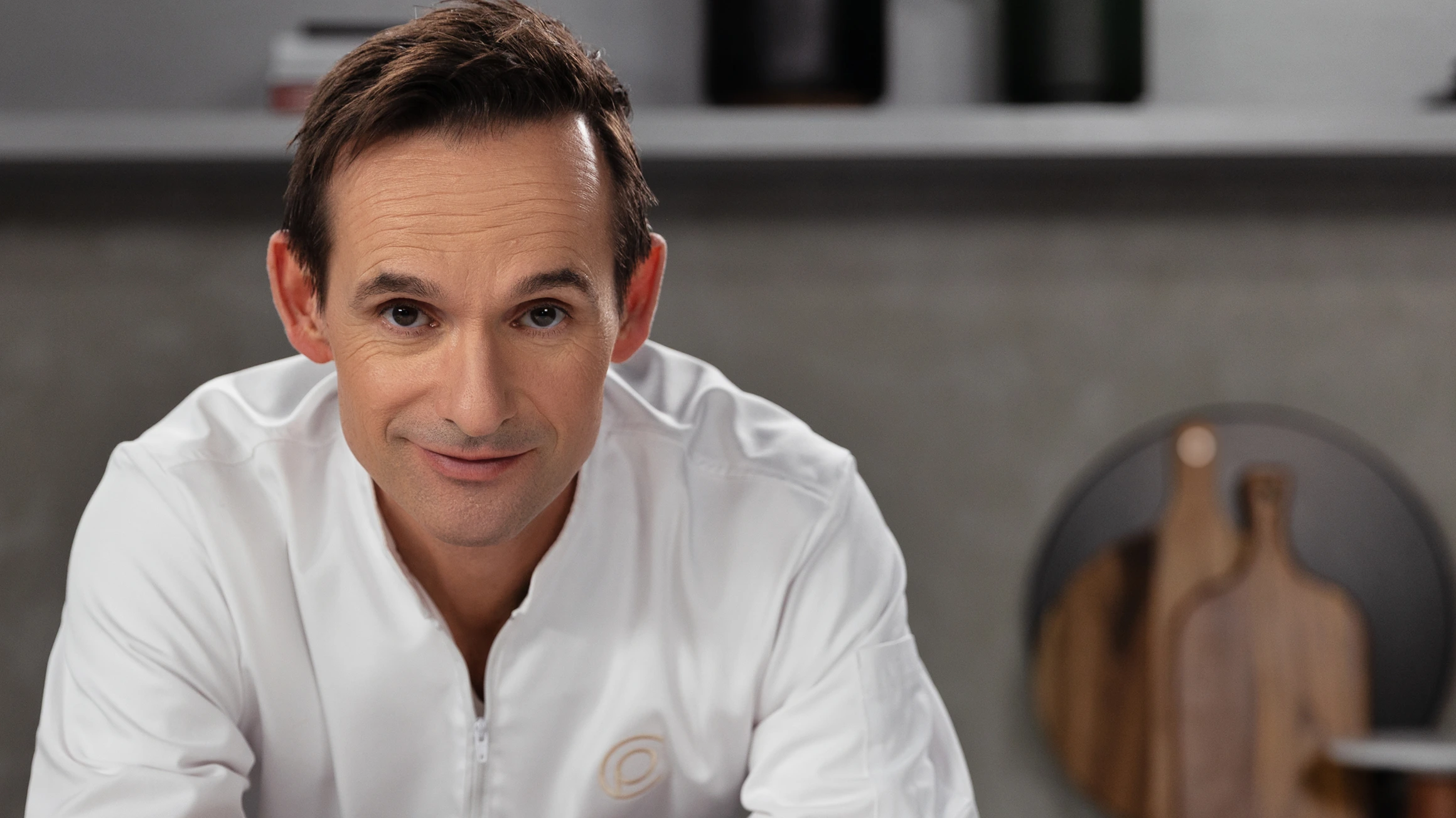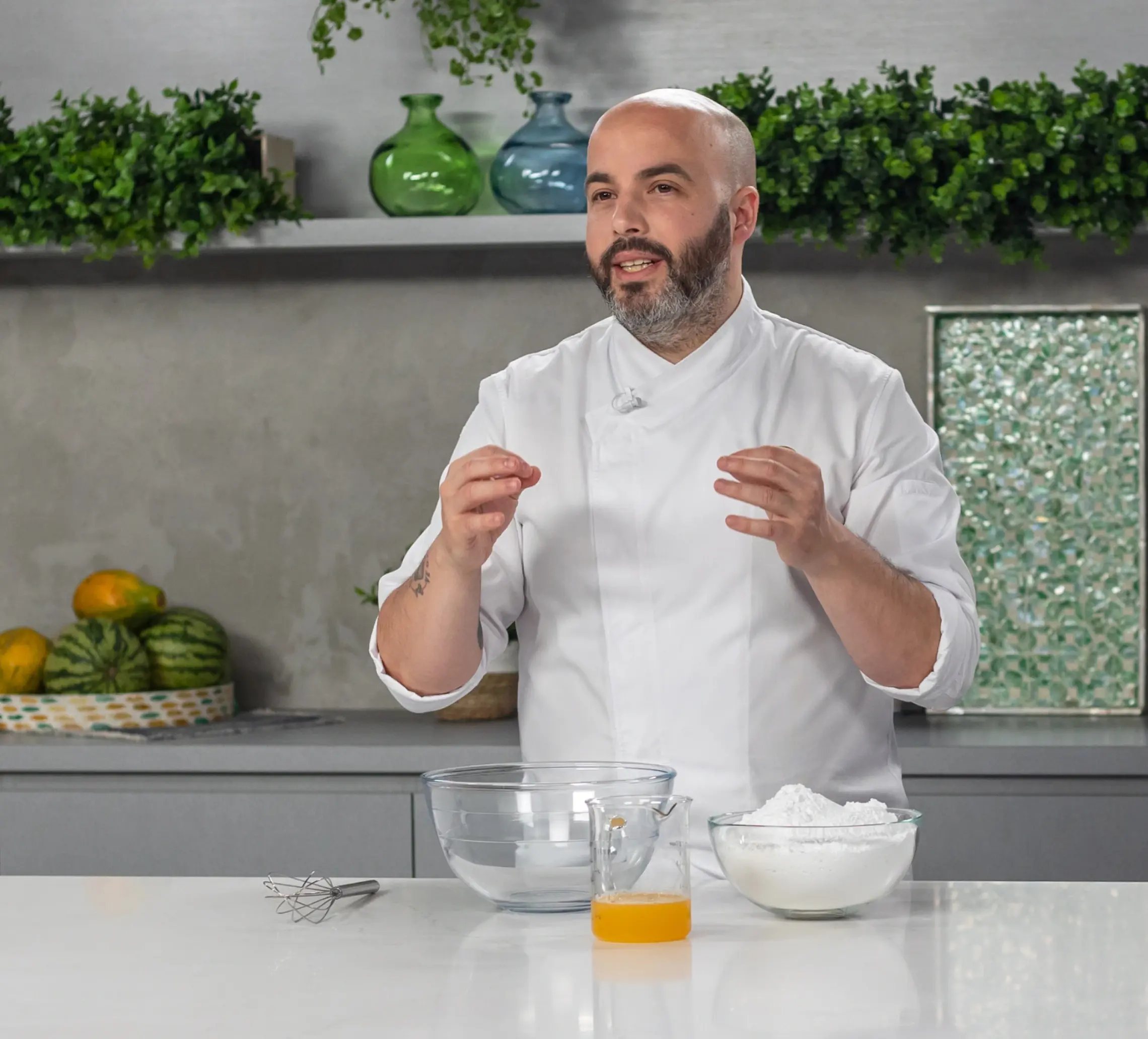What Is Parchment Paper?
Parchment paper is a non-stick, heat-resistant paper commonly used in baking. It’s typically treated with silicone to give it non-stick properties and a resistance to heat, allowing it to be used at high temperatures (up to 420°F/215°C). It’s available in pre-cut sheets or rolls, making it convenient for lining baking trays, pans, and molds.
- Non-stick surface: Great for delicate pastries or cookies that might stick to the pan.
- Heat resistance: Can withstand high oven temperatures without burning or disintegrating.
- Single-use: Usually, parchment paper is designed for single-use but can be reused in some cases, depending on the type of food you're baking.
What Are Silicone Baking Mats?
Silicone baking mats are reusable, non-stick mats made from food-grade silicone. They are designed to replace parchment paper and are especially popular for their durability and long-term use. Typically, they come in a standard size that fits most baking sheets, and they offer a non-stick surface that prevents baked goods from sticking.
- Reusable: Unlike parchment paper, silicone mats are durable and can be used many times.
- Heat resistant: They can handle high temperatures, usually up to 480°F/250°C.
- Non-stick: Silicone provides a non-stick surface that makes it easy to release baked goods.
When Is Parchment Paper Best?
Parchment paper is a versatile baking tool that excels in situations where you need a quick, disposable solution. It’s perfect for:
- Baking cookies and delicate pastries: If you want to ensure your cookies come off the sheet easily, parchment paper helps. It also prevents delicate pastries from sticking.
- Roasting vegetables and meats: Parchment can be used to line trays for roasting, ensuring nothing sticks.
- Layering between baked goods: Parchment can be used to layer items, such as pastries or cakes, to prevent sticking when stacking.
Parchment paper also helps maintain a uniform temperature while baking, which can be crucial when baking multiple trays at once.
When Are Silicone Mats Best?
Silicone mats are ideal when you want something that’s more eco-friendly and cost-effective over time. They’re best used for:
- Repeated use: If you bake frequently, silicone mats can save you money and waste. You can use them multiple times, which is a big advantage over parchment paper.
- Even baking: Silicone mats provide an even, consistent surface, ideal for even heat distribution. They work particularly well when you need your pastries to bake uniformly without any hot spots.
- Baking high-heat items: Silicone mats can handle higher temperatures, making them perfect for recipes that require baking at high heat for longer periods, such as meringues or macaroons.
Pros and Cons of Parchment Paper
Pros:
- Convenient: Ready to use and easy to dispose of, making clean-up a breeze.
- Perfect for single-use baking: Great for short baking tasks like cookies, biscuits, or single-batch cakes.
- Non-stick and heat-resistant: Ensures food doesn’t stick and can handle high temperatures.
Cons:
- Single-use: Although some brands allow reuse, parchment paper is generally not as durable as silicone mats.
- Waste: As it’s single-use, it can create unnecessary waste over time.
Pros and Cons of Silicone Mats
Pros:
- Reusable: Save money and reduce waste by using the same mat over and over.
- Non-stick and easy clean-up: Silicone mats ensure that baked goods come off easily, and cleaning them is a snap.
- Durable and heat-resistant: They can be used for a variety of baking tasks at high temperatures.
Cons:
- Upfront cost: Silicone mats are more expensive initially, though they save money in the long run due to their reusability.
- Not ideal for all baked goods: For some items, like sticky toffee or candies, parchment paper might provide a better solution.
So, Which Should You Choose?
Choosing between parchment paper and silicone mats depends on your needs and baking habits. Here’s a quick breakdown:
- Choose parchment paper if:
- You need a quick, disposable solution for light baking tasks.
- You are baking delicate items or need to ensure no sticking.
- You don’t mind a little more waste in exchange for convenience.
- Choose silicone mats if:
- You bake regularly and want a more eco-friendly, reusable option.
- You want an even heat distribution while baking.
- You’re baking at higher temperatures and want a durable, long-term solution.
Both options have their merits, and it’s not unusual to use both in different situations. Experimenting with both parchment paper and silicone mats will allow you to determine which is best suited for the various needs in your pastry work. Happy baking!
Want to Learn More About Pastry?
If you're passionate about perfecting your pastry skills and want to learn from the best, explore our online classes. With top pastry chefs guiding you every step of the way, you'll elevate your baking skills and create delicious, professional-grade pastries from the comfort of your kitchen.
November 20, 2024 By PastryClass



























